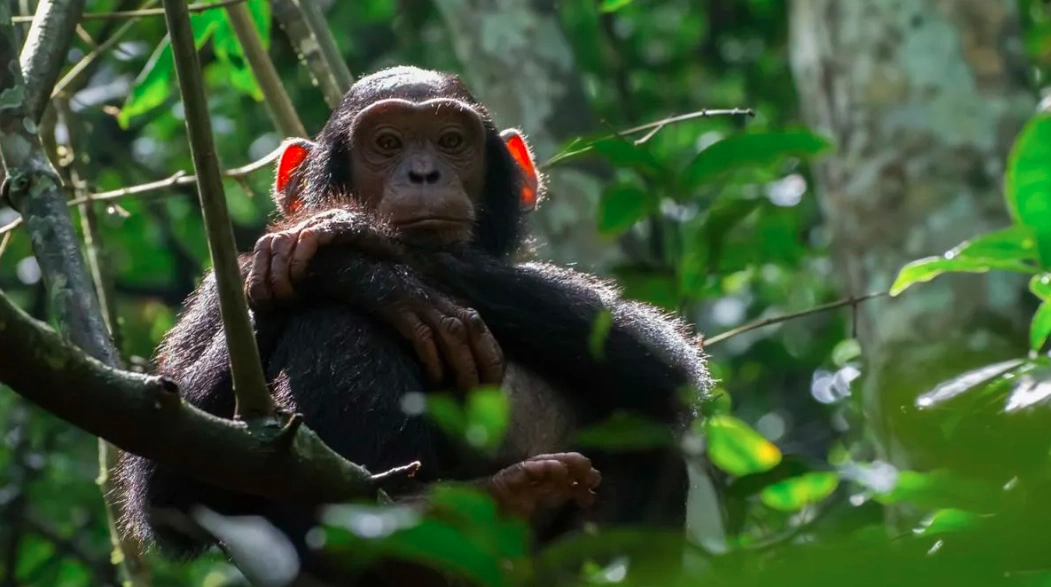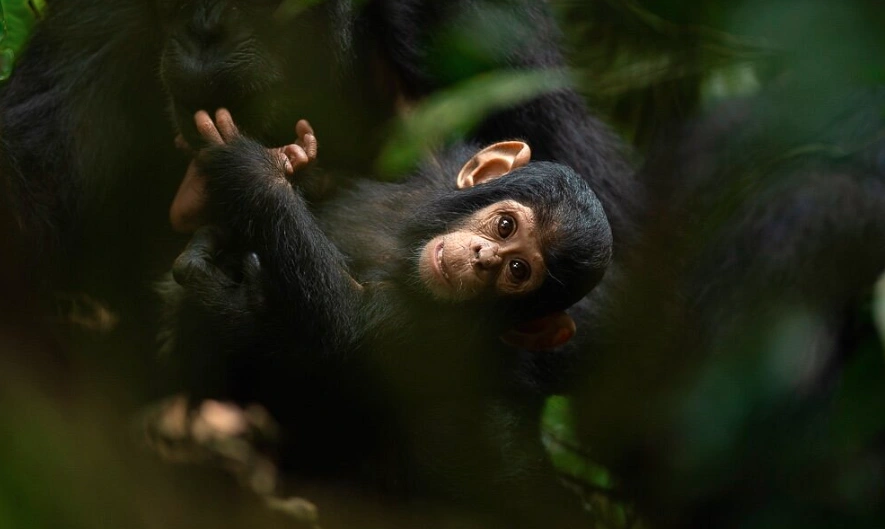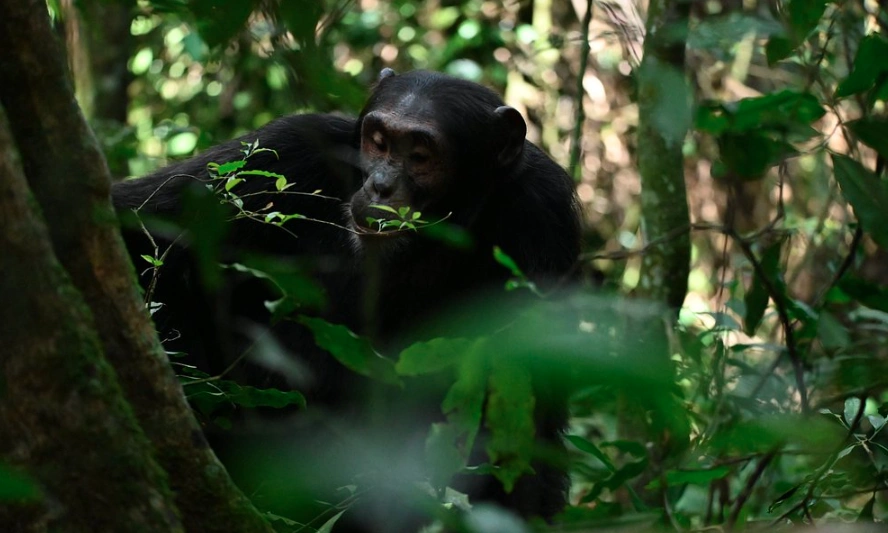Chimpanzee Trekking Rules in Uganda & Rwanda
Chimpanzee trekking is one of the most intimate and thrilling wildlife encounters you can have in East Africa.
Whether you’re heading to Kibale National Park in Uganda or Nyungwe Forest in Rwanda, strict rules and guidelines are in place to ensure your safety and that of our closest relatives in the wild.
Here’s everything you need to know before stepping into the forest.
Before Your Chimpanzee Trek

1. Age Limit: Trekkers must be at least 12 years old to participate in chimpanzee tracking activities. This age restriction minimizes risk and ensures a mature approach to primate conservation.
2. Health Requirements: If you are sick or showing symptoms of any contagious illness (flu, cold, diarrhea), do not participate. Chimpanzees are highly susceptible to human diseases due to our close genetic link.
3. Group Size: Only a limited number of visitors (typically 6–8) are allowed per tracking group to reduce stress on the chimps and lessen environmental impact.
4. Fragrance-Free Policy: Avoid wearing perfumes, scented deodorants, or body wash on the day of your trek. Strong human scents can disturb the chimpanzees and interfere with their natural behaviors.
5. Pre-Trek Briefing: All trekkers must attend a mandatory briefing by park rangers. You’ll be guided on safety, etiquette, and what to expect during the trek.
During the Trek
- Keep Noise Levels Low: Speak in hushed tones to avoid disturbing the forest. Loud voices scare wildlife and diminish the quality of the experience for everyone.
- No Littering: Do not drop any trash in the forest. All waste, including biodegradable items like fruit peels, must be packed out.
- Stay on Designated Trails: Straying from the marked trails can damage fragile ecosystems and increase the risk of snake or insect bites.
- Follow the Ranger’s Instructions: Always heed your ranger guide’s advice. They are trained to interpret chimpanzee behavior and maintain your safety.
- Don’t Feed the Chimps: Feeding chimpanzees alters their natural behaviors and increases their dependency on humans. It can also make them aggressive.
When You're Near the Chimpanzees
- Keep a Safe Distance: Maintain a minimum distance of 8 meters (26 feet) from the chimpanzees. If they move closer, slowly step back. Avoid surrounding or blocking them.
- No Flash Photography: Flash disturbs the chimps and may provoke defensive behavior. Set your camera accordingly before the encounter.
- No Eating or Drinking Nearby: Never eat, drink, or smoke when close to the chimps. The smell and sight of food can trigger aggression or curiosity.
- No Physical Contact: Chimpanzees, though familiar with humans, are still wild animals. Never attempt to touch or make physical contact with them.
- Be Calm and Respectful: If a chimp charges or shows signs of agitation, remain calm. Do not run. Follow the ranger’s lead.
General Health & Safety Precautions

Avoid trekking if you’re sick.
Sneeze or cough into your elbow, away from the chimps.
Sanitize or wash your hands before and after the trek.
Do not leave behind tissues, wrappers, or water bottles.
What to Wear and Bring

Hiking boots with good grip.
Long pants and long-sleeved shirts to protect against insects.
Insect repellent (unscented).
Rain gear – tropical forests are unpredictable.
Water (at least 1 liter per person) and a packed snack.
Camera with no flash.
FAQs About Chimpanzee Trekking Rules
No. Fragrances can irritate chimpanzees and disrupt their natural behavior.
Use unscented products only.
Ask your guide. They’ll dig a hole (30 cm deep) which must be covered afterward to avoid environmental contamination.
It varies from moderate to challenging depending on chimp movement.
Treks can last 2–6 hours in hilly, slippery terrain.
Children must be at least 12 years old to participate.
Report to your guide or tour operator.
You may be rescheduled or refunded if you are too sick to join the trek.

